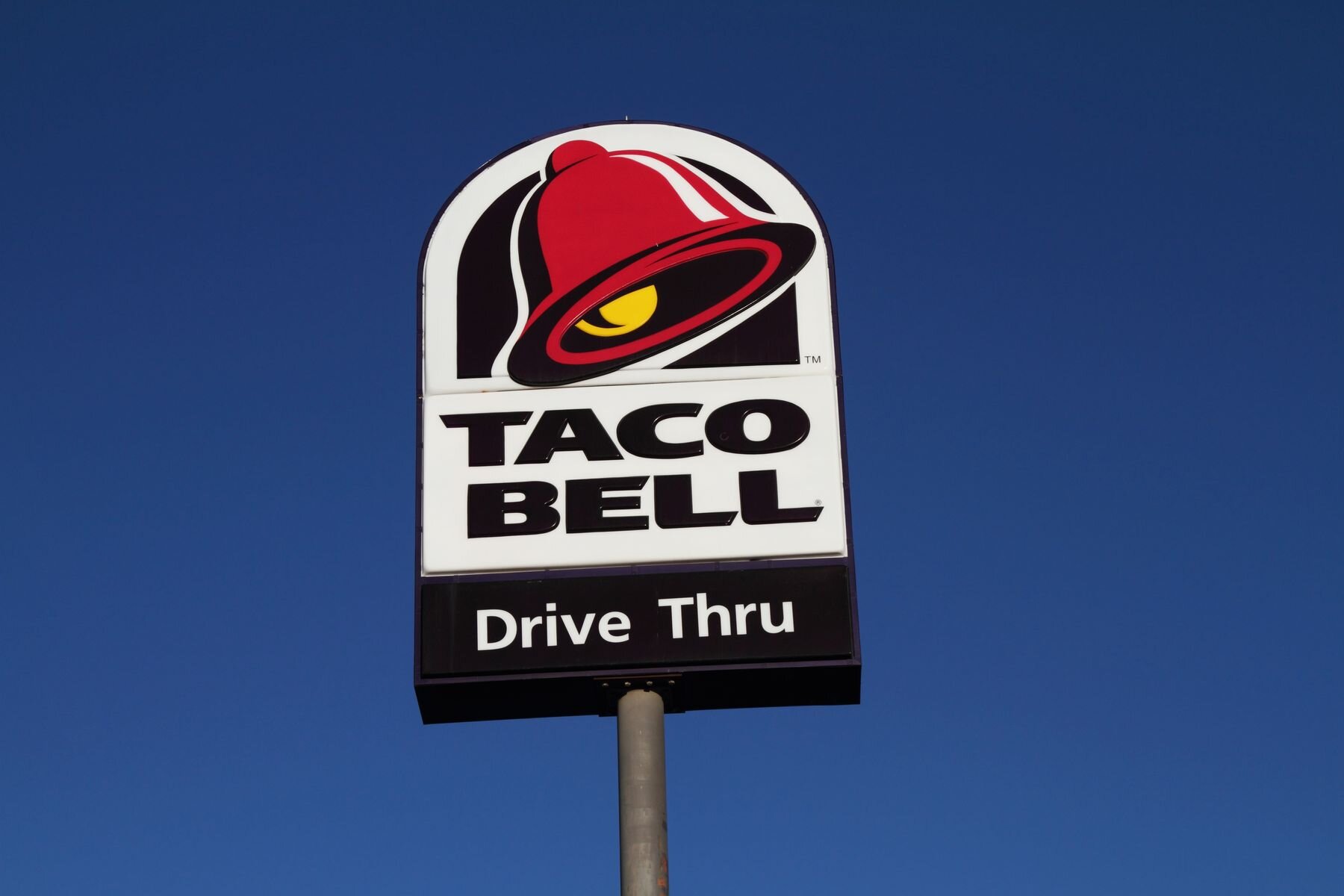Staples Faces Renewed Scrutiny Over Manager Misclassification in Wesson Lawsuit
/Another lawsuit makes labor law violation allegations that call Staples Inc.'s practices into question. In Fred Wesson et al. v. Staples Inc. et al. the plaintiff claims that the big box store misclassified general managers as exempt employees. The case underscores ongoing concerns about employment classification practices within large corporations.
Case: Fred Wesson et al. v. Staples Inc. et al.
Court: Superior Court of the State of California, Los Angeles County
Case No.: BC593889
The Plaintiff: Fred Wesson et al. v. Staples Inc. et al.
Fred Wesson, a former general manager at Staples, initiated the lawsuit alleging that he and approximately 345 other general managers were misclassified as exempt employees. Wesson claims that despite holding managerial titles, the duties performed were predominantly non-exempt tasks, such as customer service and stocking shelves, which should have entitled them to overtime compensation under California labor laws.
The Defendant: Fred Wesson et al. v. Staples Inc. et al.
The plaintiff claims that Staples implemented a standard policy that misclassified general managers so they could avoid paying overtime wages. Staples maintains that its classification practices are lawful and that general managers meet the exempt status criteria, including managerial responsibilities and decision-making authority.
The Case: Fred Wesson et al. v. Staples Inc. et al.
The lawsuit centers on the assertion that Staples' general managers were systematically misclassified, resulting in unpaid overtime and denial of meal and rest breaks. Wesson sought nearly $36 million in civil penalties under the Private Attorneys General Act (PAGA), representing himself and other affected employees. However, the trial court struck the PAGA claim, deeming it unmanageable due to the individualized assessments required for each manager's duties and classification. The Court of Appeal upheld the decision and emphasized the need for manageable litigation and the employer's right to a fair trial.
What Constitutes Employee Misclassification Under California Law?
California law distinguishes between exempt and nonexempt employees based on the nature of the worker's job duties, their level of autonomy, and the level of control exercised over the employee and their job duties by the employer. When an employer inaccurately classifies a worker as an independent contractor or exempt employee, they deprive the employee of labor law protections. Misclassified employees may be entitled to recover unpaid wages, overtime, and other benefits.
If you need to discuss filing a wage and hour complaint, contact Blumenthal Nordrehaug Bhowmik DeBlouw LLP. Experienced and knowledgeable employment law attorneys are ready to assist you at one of their various law firm offices in Riverside, San Francisco, Sacramento, San Diego, Los Angeles, and Chicago.










